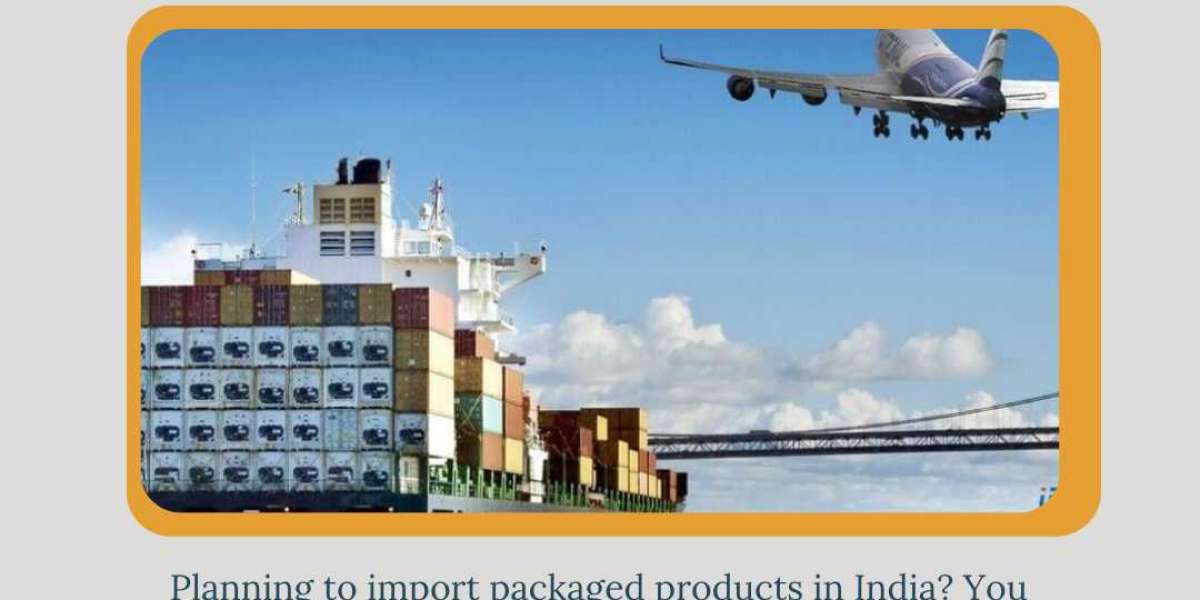Understanding the Legal Framework
In India, packaged goods are regulated under the Legal Metrology (Packaged Commodities) Rules, 2011, enforced by the Department of Consumer Affairs. These rules apply to all manufacturers, packers, and importers of pre-packaged commodities sold in retail. In addition to Legal Metrology, products may also require registration under FSSAI, BIS, or EPR, depending on the category.
For businesses in the Delhi NCR region, additional local clearances may be required, such as trade licenses from municipal corporations or NOCs from pollution control boards for manufacturing units.
Key Compliance Requirements for Packaged Goods
To legally sell your product in Delhi NCR, here are the essential compliance steps to follow:
LMPC Certificate (Legal Metrology Packaged Commodities)
Mandatory for manufacturers, importers, and packers of packaged goods. It ensures proper labeling and consumer protection. The label must include MRP, date of manufacture, net quantity, customer care details, and country of origin (for imported items).FSSAI License (For Food Products)
If your product is edible or comes in contact with food, you must obtain an FSSAI license. This applies to manufacturers, distributors, and even online sellers.BIS Certification (For Standardized Products)
Some products, like electrical appliances or packaged drinking water, require mandatory BIS certification to confirm quality and safety standards.EPR Registration (For Plastic Waste or E-waste)
If your packaging includes plastic, or if your product involves electronics, you need EPR (Extended Producer Responsibility) registration through CPCB to ensure proper recycling and waste management.Import Compliance (If applicable)
Importers must ensure product registration with relevant departments, including customs clearance, BIS (if needed), and Legal Metrology declarations.Trade License GST Registration
A valid trade license from the local municipal authority and GST registration are essential to operate legally and issue invoices.
Timelines and Documentation
Most regulatory approvals take between 15 to 45 days, depending on the type of product and department involved. It’s crucial to prepare accurate documentation including company incorporation papers, product details, sample labels, test reports (if needed), and identity/address proof of authorized persons.
Delays often occur due to incomplete applications or lack of clarity on which certifications apply. That’s why working with a compliance expert can significantly reduce your go-to-market timeline.
Partner with Agile Regulatory for Seamless Compliance
At Agile Regulatory, we specialize in regulatory support for startups and established businesses launching packaged products in Delhi NCR. From LMPC certificate and FSSAI license to BIS registration, EPR filing, and import documentation, we handle everything end-to-end. With over 5 years of experience and a strong track record, our team ensures timely approvals, transparent communication, and full legal compliance—so you can focus on growing your brand. Launch your product confidently with Agile Regulatory by your side.







